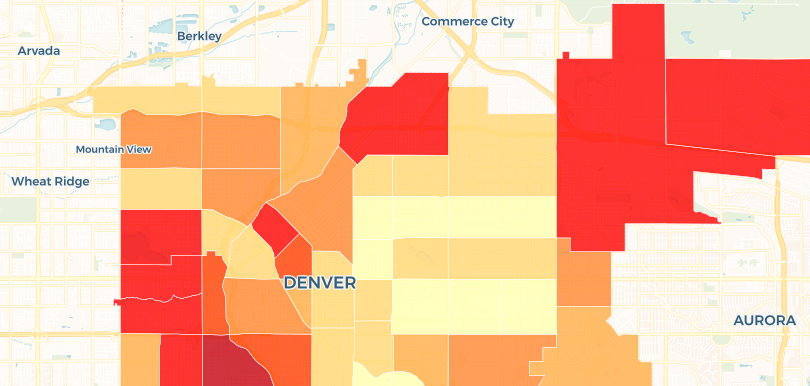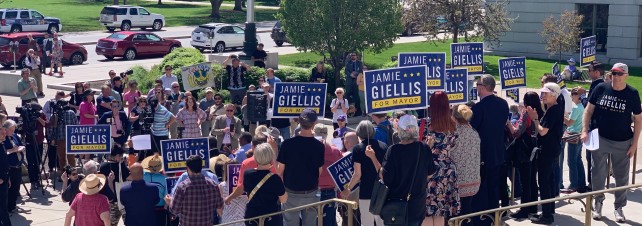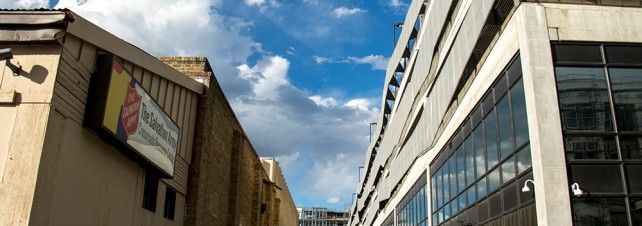One of my first larger pieces for The Denver Post, this investigation of Denver’s curfew system involved reviews of court and police records, hours in court and nights on Federal Boulevard. We found a significant and increasing police focus on Latino neighborhoods, due in part to a change in staffing strategy. The city administration has ordered a review of the program.
Rosa sat, trembling slightly, in a fourth-floor courtroom in downtown Denver. She wore a black sweatshirt printed with the word AMERICA. She was waiting for a translator for her mother.
Other kids were in the half-full courtroom for destroying property or fighting. But Rosa, 17, was in trouble because she stayed out too late in Denver.
Police picked her up on a summer night in Barnum Park, where she was eating McDonald’s with friends after getting off work. Officers sent her in a white van to a downtown building, where she waited for her mother to be roused.
“That was annoying,” Rosa said later. “They could have just told me to go home.”
She was one of hundreds of young people cited this year for violating Denver’s juvenile curfew. She’s also Latino, like 67 percent of the kids cited this year, according to a Denver Post analysis. Latinos make up only about 30 percent of the city’s overall population and 41 percent of the 15- to-17-year-old population, according to Statistical Atlas’ analysis of U.S. Census Bureau data.
Many defendants can avoid legal consequences by finishing a months-long program. For others, the consequences can include fines and a permanent mark on the offender’s record — even as there’s a growing question about the benefit of curfews. Austin, Texas, ended its own curfew last year amid questions of ethnic bias.
“Curfew citations can be an entry point into the juvenile justice system, which can have lasting consequences on young people,” Nick Mitchell, the city’s independent law enforcement monitor, wrote in a statement responding to The Post’s findings. “These data raise concerns about where and how the curfew ordinance is being enforced, which should prompt a broader public discussion and evaluation of the curfew program.”
Councilman Paul López, a longtime representative of Denver’s west side, also has called for changes.
“It’s a dragnet, and it’s not right,” López said at a recent meeting.
Public records show that the program’s focus on Latino neighborhoods has grown sharper in recent years — with a special emphasis on Cinco de Mayo and other holidays — while other areas have seen much less enforcement.
“I’m absolutely perplexed by the numbers,” López said. “The numbers here suggest that if you happen to be a Mexican kid living in Denver, then that’s a crime.”
Read the full piece at The Denver Post.


